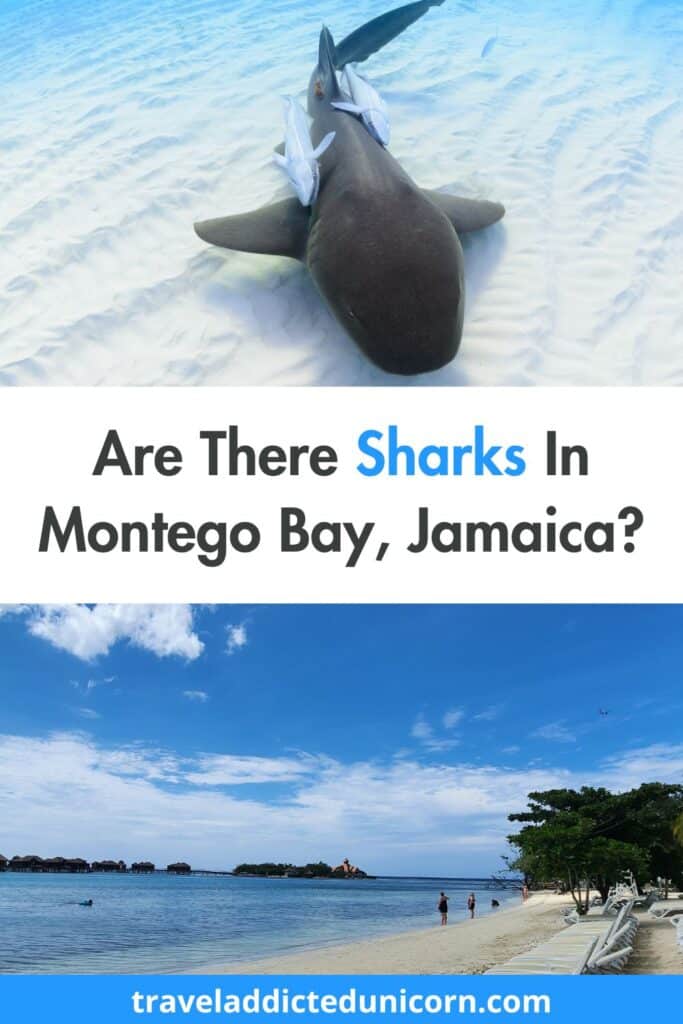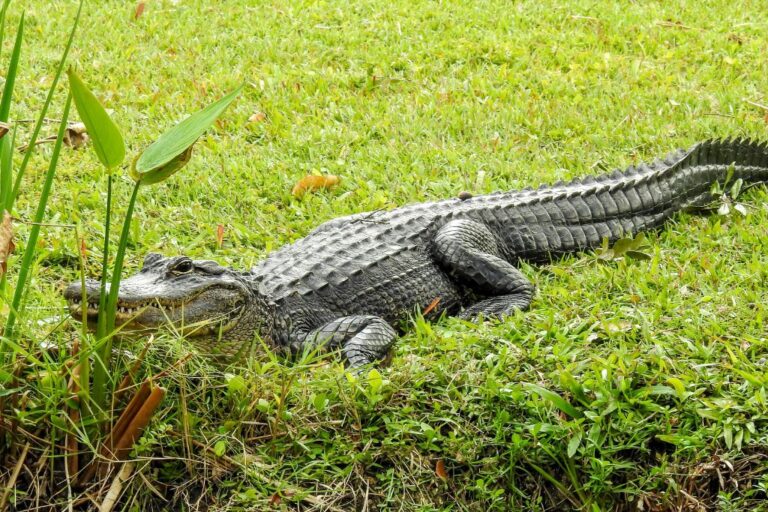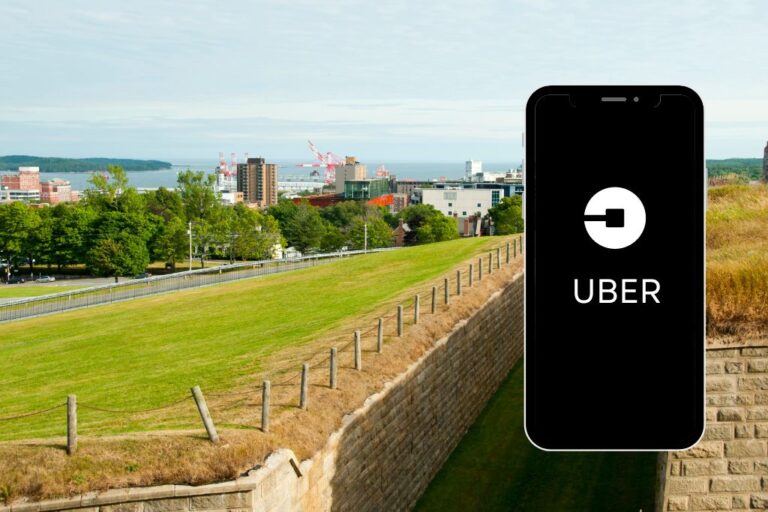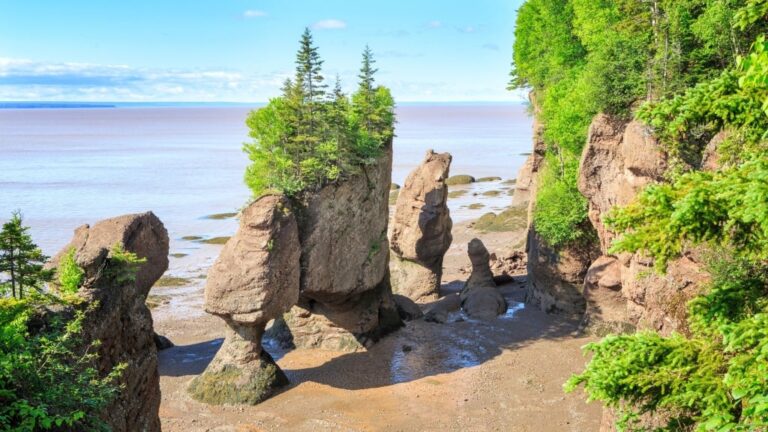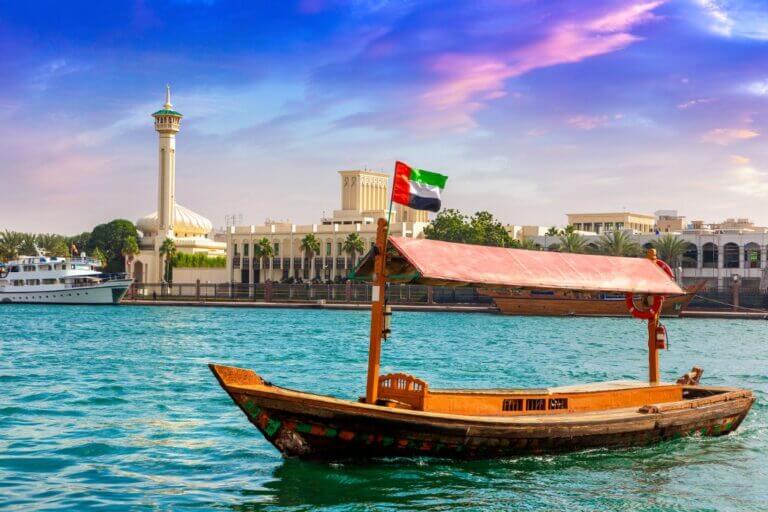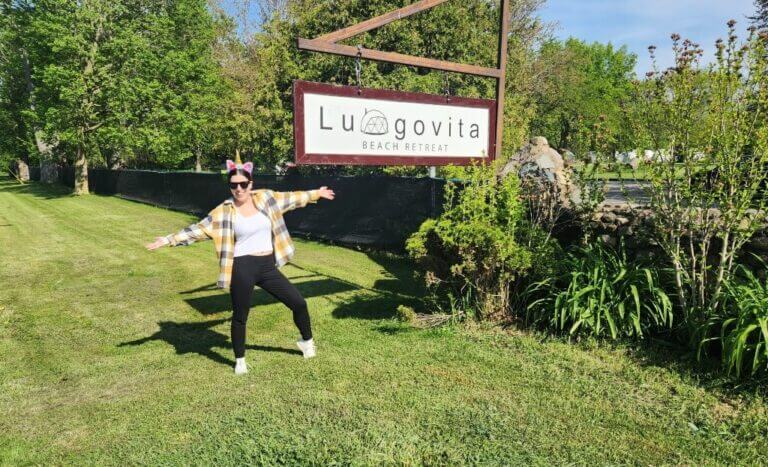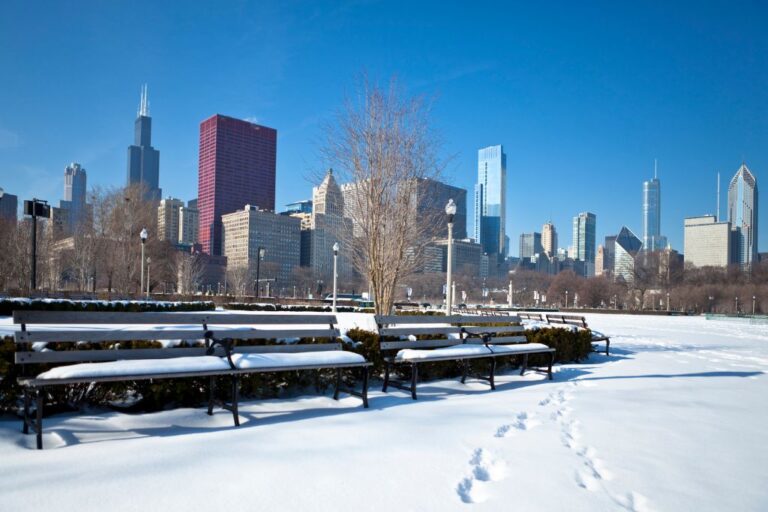Are There Sharks In Montego Bay, Jamaica?


Are You Wondering If There Are Sharks In Montego Bay, Jamaica? Keep Reading To Find Out!
So are there sharks in Montego Bay you ask?
Known for its stunning beaches, coral reefs, and warm Caribbean vibes, Montego Bay is a popular Jamaican hotspot that is a haven for snorkeling, diving, and swimming.
If you’ve ever wondered about the presence of sharks in its turquoise waters, you’re not alone.
Understanding the marine life in Montego Bay not only enhances your appreciation of its ecosystem but also helps ensure your safety while enjoying the sea.
In this post, we’ll find out the types of sharks that may inhabit Jamaica’s waters.
As well as the likelihood of encounters near Montego Bay, and tips for a safe and enjoyable experience.
Are There Sharks In Montego Bay, Jamaica?
Yes, there are sharks in the waters around Montego Bay, Jamaica, but encounters with them are extremely rare.
Jamaica is surrounded by the Caribbean Sea, which is home to various species of sharks, such as nurse sharks, reef sharks, and hammerhead sharks.
However, these species are generally found far from the shallow, sandy beaches of Montego Bay, where most tourists swim and snorkel.
Sharks common in Jamaican waters
- Nurse Sharks: These are harmless, slow-moving sharks that often rest on the seafloor. They are non-aggressive and pose little to no threat to humans.
- Reef Sharks: Found near coral reefs, these sharks are typically shy and avoid human interaction.
- Hammerhead Sharks: While not as common, hammerheads may occasionally roam in deeper waters around the island.
👉 Enjoy some snorkelling with this trip: Snorkeling in Montego Bay with Transportation
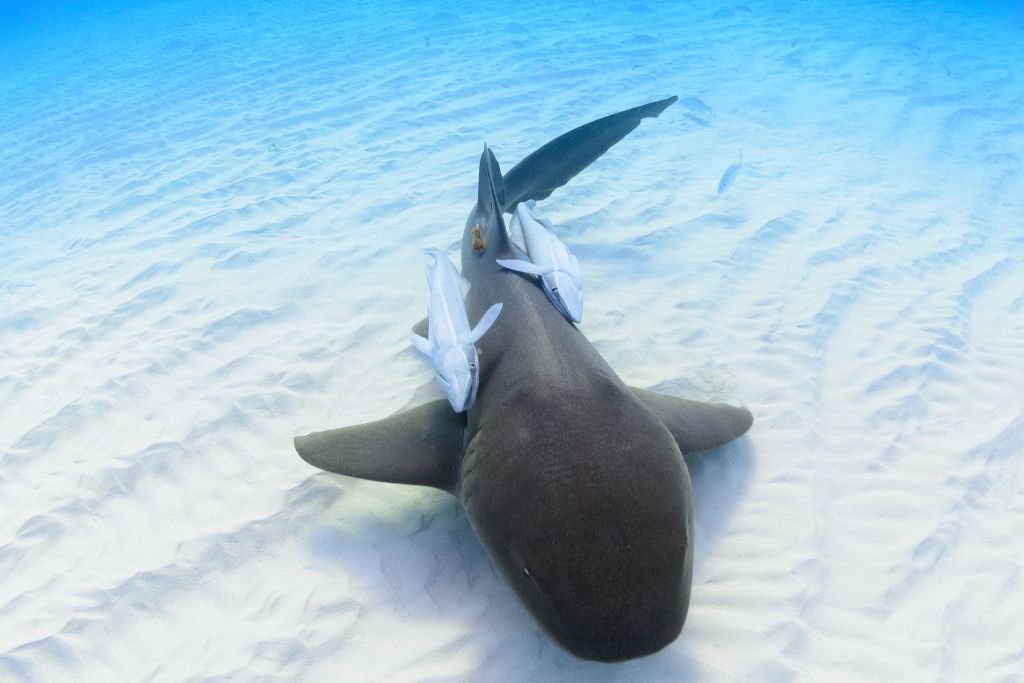
Why are shark encounters rare in Montego Bay?
Montego Bay is a protected marine park with a thriving coral reef ecosystem.
Most sharks prefer deeper, offshore waters, and the bustling activity near the shore keeps them at bay.
Additionally, Jamaica does not have a history of frequent shark attacks, making swimming and water activities safe for visitors.
Tips for staying safe in the water
- Stay in designated swimming areas. Lifeguards and signs often indicate safe zones.
- Avoid swimming at dawn or dusk, when some sharks are more active.
- Avoid wearing shiny jewelry that can resemble fish scales in the water.
- Follow local advice from tour operators or guides about marine conditions.
While it’s natural to feel cautious, sharks in Montego Bay are rarely a concern for swimmers, snorkelers, or divers.
Visitors can focus on enjoying the beauty of the marine life, from vibrant coral reefs to colorful fish, knowing that the chance of encountering a shark is very slim.
What Are Other Dangerous Animals In Montego Bay?
Let’s take a look at what other dangerous animals you can encounter in Montego Bay, Jamaica.
Are there spiders in Montego Bay?
Yes, there are spiders in Montego Bay, Jamaica, as the island’s tropical climate provides an ideal environment for various spider species.
Most of these spiders are harmless and play an important role in controlling insect populations.
Common species include orb-weavers, which create intricate webs in gardens and forests, and jumping spiders, known for their vibrant colors and agility.
While larger species like tarantulas can be found in Jamaica, they are generally shy and prefer to stay in more secluded, rural areas rather than tourist hotspots like Montego Bay.
For the most part, visitors are unlikely to encounter spiders in hotels, resorts, or busy public areas.
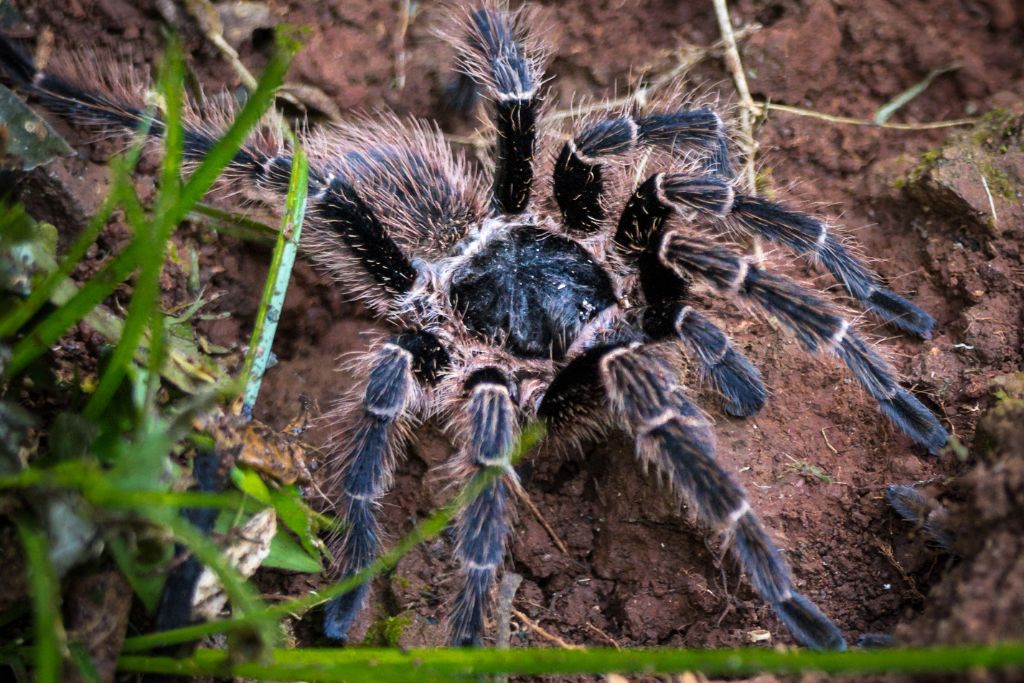
Are there snakes in Montego Bay?
Yes, there are snakes in Montego Bay, Jamaica, but they are generally harmless and rarely encountered in tourist areas.
Jamaica is home to a variety of snake species, most of which are non-venomous and pose no threat to humans.
Common snakes on the island include the Jamaican Boa (locally called the Yellow Snake), which is the largest snake species in Jamaica.
This boa is non-venomous and plays an important role in controlling rodent populations.
Snakes in Jamaica typically reside in forests, wetlands, and other natural areas rather than urban or resort settings like Montego Bay.
Sightings in heavily populated areas are uncommon.
For those venturing into the wild, it’s always a good idea to stay on marked paths.
Also, make sure you wear appropriate footwear to avoid any unexpected encounters.
However, tourists in Montego Bay can feel reassured that snakes are not a common sight in the bustling, beach-focused environment of this popular destination.
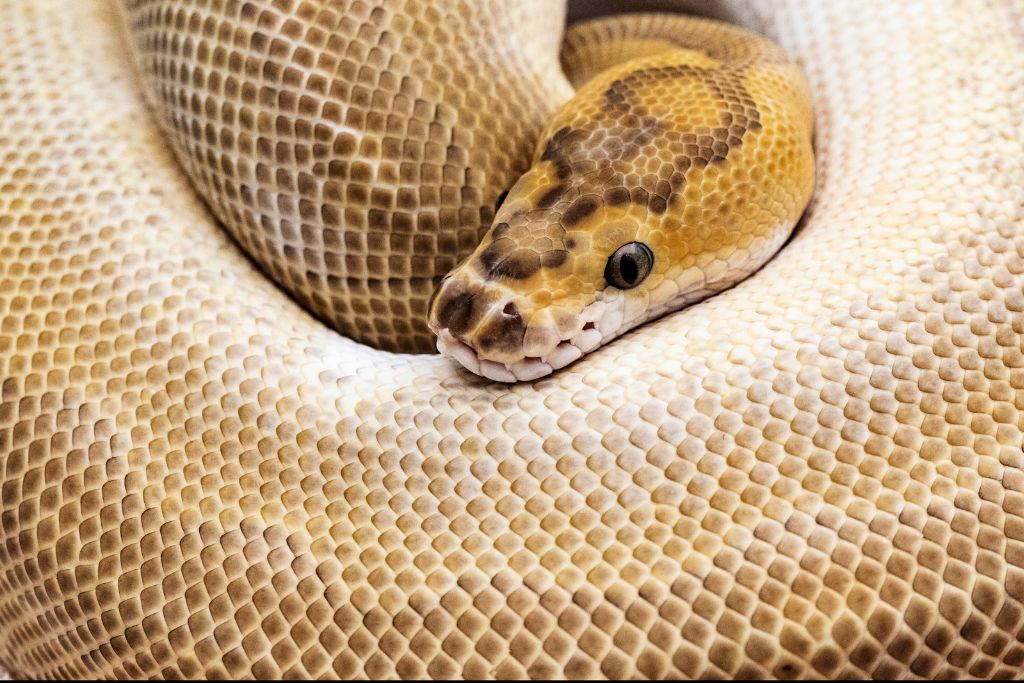
Are there crocodiles in Montego Bay?
While crocodiles are found in Jamaica, they are not common in Montego Bay.
Jamaica is home to the American crocodile (Crocodylus acutus), a species that primarily inhabits wetlands, rivers, and coastal mangroves.
These crocodiles are most commonly found in areas like the Black River on the south coast of the island.
There are guided tours that offer visitors a chance to observe them in their natural habitat.
In Montego Bay, the environment is less suitable for crocodiles due to its focus on beaches, coral reefs, and marine activities.
The bustling activity in and around Montego Bay’s waters further discourages crocodiles from inhabiting the area.
Tourists visiting Montego Bay for swimming, snorkeling, or relaxing on the beach are highly unlikely to encounter a crocodile.
👉 To visit Black River, check out this tour: Black River Safari and YS Falls Tour (from Montego Bay)
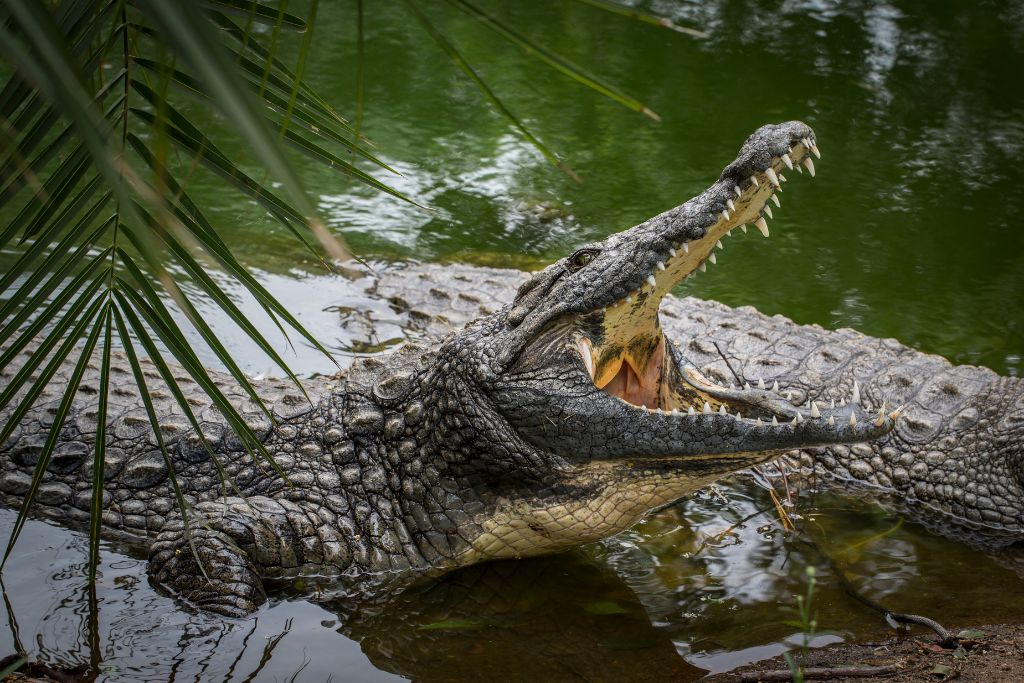
Are there mosquitoes in Montego Bay?
Yes, mosquitoes are present in Montego Bay, as they are throughout Jamaica, due to the island’s tropical climate.
Mosquito activity is most noticeable during the rainy season, typically from May to November, when standing water provides ideal breeding conditions.
While most mosquito bites are harmless, some mosquitoes in Jamaica can carry diseases like dengue fever or, in rare cases, chikungunya and Zika virus.
To minimize mosquito exposure while visiting Montego Bay, take the following precautions:
- Use insect repellent containing DEET or picaridin.
- Wear lightweight, long-sleeved clothing in the evenings and early mornings, when mosquitoes are most active.
- Stay in accommodations with screens or air conditioning to reduce the chance of mosquitoes entering your room.
- Avoid areas with standing water, such as puddles or uncovered containers, where mosquitoes breed.
Tourist resorts and hotels in Montego Bay often take measures to control mosquitoes, such as spraying insecticides and removing stagnant water.
By following basic precautions, visitors can enjoy their stay with minimal discomfort from these pesky insects.
When we visited, there were some mosquitoes but it was not too bad (in June).
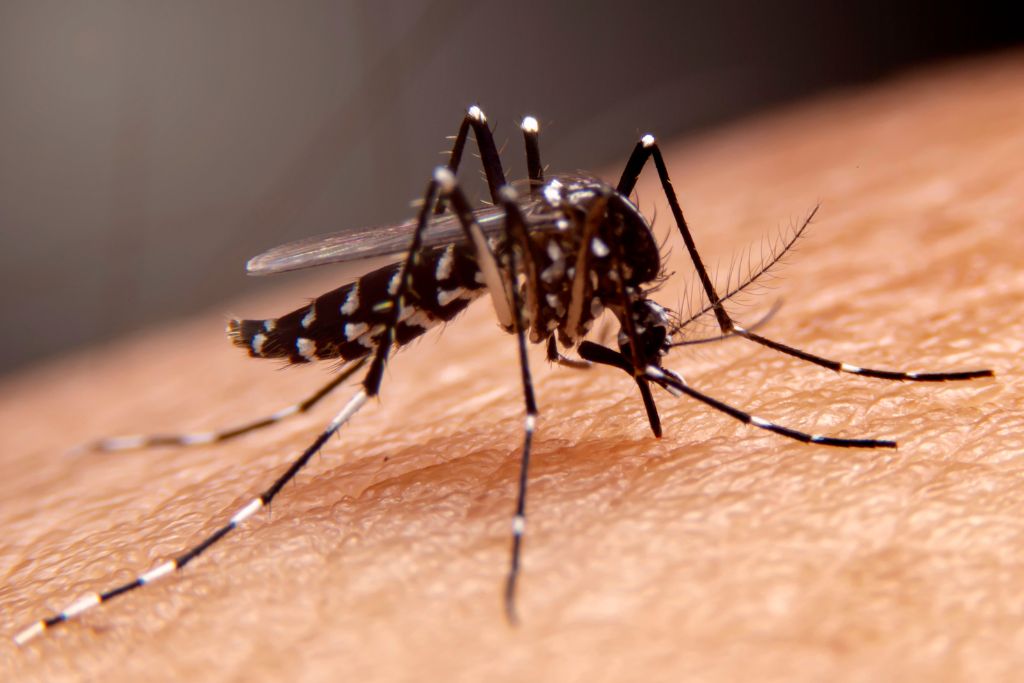
Are there jellyfish in Montego Bay, Jamaica?
Yes, jellyfish can occasionally be found in the waters around Montego Bay, Jamaica, though they are not a constant presence.
Most jellyfish species in the Caribbean, including those near Jamaica, are relatively small and harmless, with mild stings that may cause temporary discomfort.
However, some species, like the Caribbean box jellyfish or Portuguese man o’ war, can deliver more painful stings, though sightings of these are rare in Montego Bay’s waters.
Jellyfish tend to appear more frequently during certain seasons or after storms, which can push them closer to shore.
In Jamaica, the jellyfish season is from March until September, with peak breeding in May.
Resorts and local authorities often monitor for jellyfish and will warn visitors if there’s an increased presence.
To stay safe while enjoying the water:
- Pay attention to local warnings about jellyfish.
- Wear a rash guard or protective swimwear if snorkeling or diving.
- Avoid touching jellyfish, even if they appear to be washed up or dead, as their tentacles can still sting.
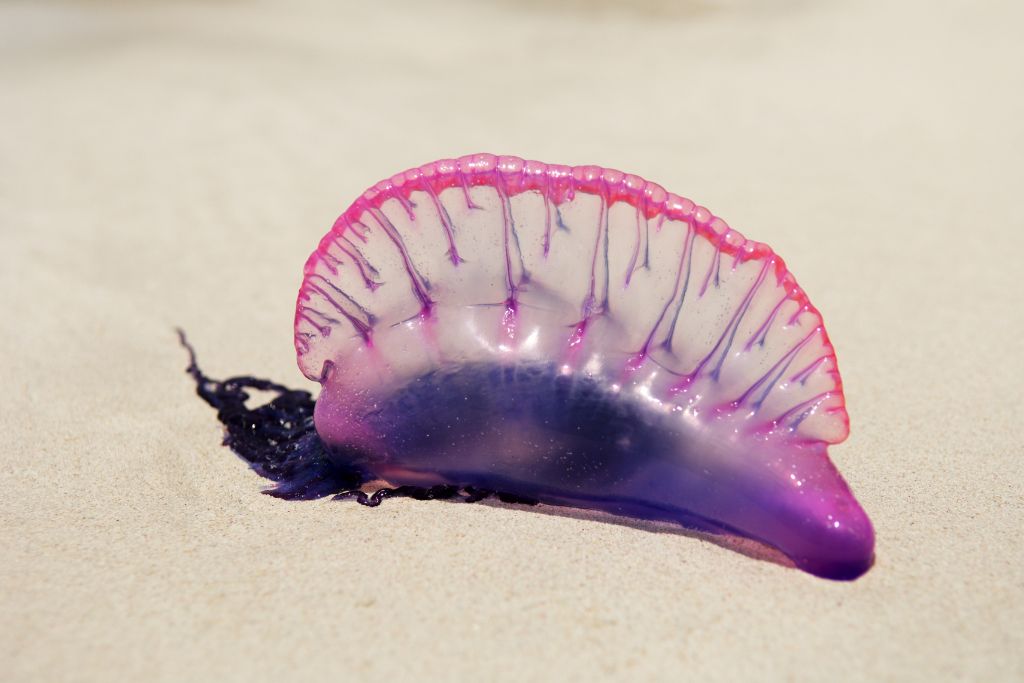
Are there scorpions in Montego Bay?
Yes, scorpions can be found in Montego Bay, as they are throughout Jamaica, but encounters with them are rare, especially in tourist areas.
Jamaica is home to a few species of scorpions, most of which are small and non-lethal to humans.
Their stings can be painful, similar to a bee sting, but are generally not dangerous unless someone has an allergic reaction.
Scorpions tend to prefer dark, undisturbed places like under rocks, logs, or within dense vegetation.
Visitors staying in resorts or urban areas of Montego Bay are unlikely to encounter scorpions.
For those exploring nature trails or rural areas, it’s a good idea to take precautions.
Such as wearing closed-toe shoes and being cautious when moving rocks or other objects.
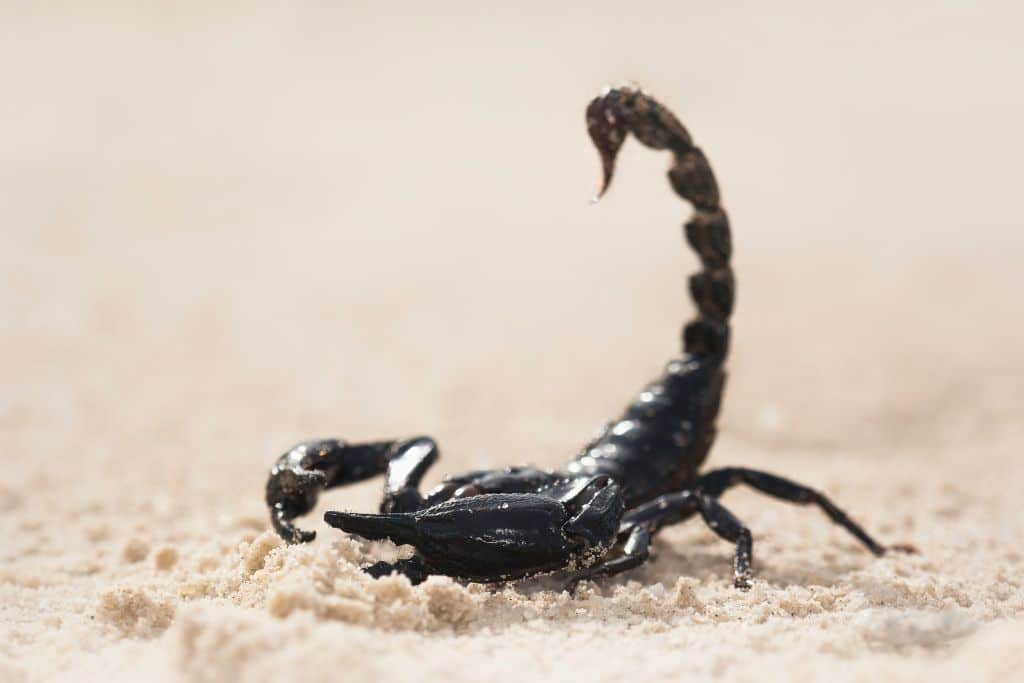
🦄 If you want to know more about Jamaica, check out these blog posts:
What Language Does Jamaica Speak?
7 Things To Know Before Going To Jamaica
What Are 5 Facts About Jamaica?
Is Jamaica A Country Or A City?
FAQ
Let’s take a look at some of the most frequently asked questions when it comes to whether there are sharks in Montego Bay, Jamaica.
Does Jamaica have great white sharks?
Great white sharks are not commonly found in the waters around Jamaica.
These sharks prefer cooler, temperate waters and are more frequently encountered in regions like the coasts of South Africa, Australia, and California.
While the Caribbean Sea, which surrounds Jamaica, is home to various shark species, great white sharks are not well-suited to the warm tropical waters of this area.
For tourists enjoying the beaches and watersports in Jamaica, including Montego Bay, the likelihood of encountering a great white shark is virtually nonexistent.
This makes Jamaica a safe and inviting destination for swimming, snorkeling, and exploring the underwater world without concerns about these apex predators.
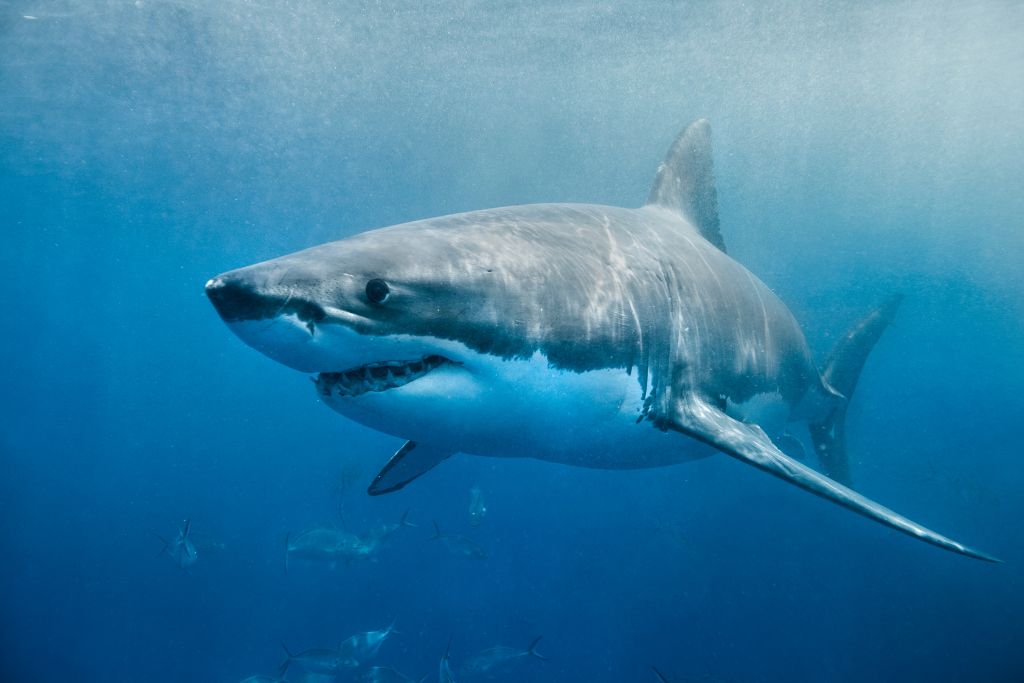
Can you swim in Montego Bay, Jamaica?
Yes, you can swim in Montego Bay, Jamaica.
It is known for its beautiful, clear, and warm waters.
Making it a popular destination for swimming, snorkeling, and other water activities.
The area offers calm, shallow beaches, such as those at Doctor’s Cave Beach and AquaSol Theme Park, which are ideal for swimming.
👉 Enjoy some snorkelling with this trip: Snorkeling in Montego Bay with Transportation
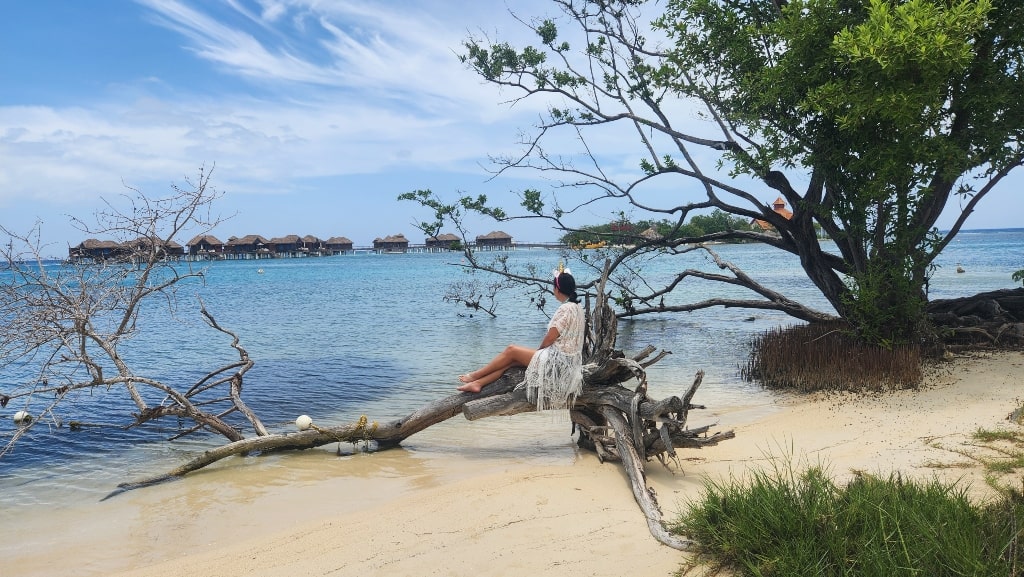
What else can sting you in Jamaica?
In Jamaica, several creatures have the potential to sting or cause irritation, although encounters with them are rare.
Here are some of the main ones to be aware of that have not been mentioned above:
- Bees and Wasps: Stings from bees or wasps are common worldwide and can cause allergic reactions in some people.
- Fire Ants: Found in some areas, their bites can cause itching and discomfort, though they’re not life-threatening. One of those bit me on my pinky when we were in Jamaica and it hurt like hell. It was itchy and swollen for a few days.
- Sandflies: These tiny biting insects are common in coastal areas and their bites can cause itching, redness, and swelling.
- Stingrays: Although typically non-aggressive, stingrays can sting if stepped on, causing painful injury.
- Horseflies: These large, biting flies can cause painful bites that may lead to swelling and irritation.
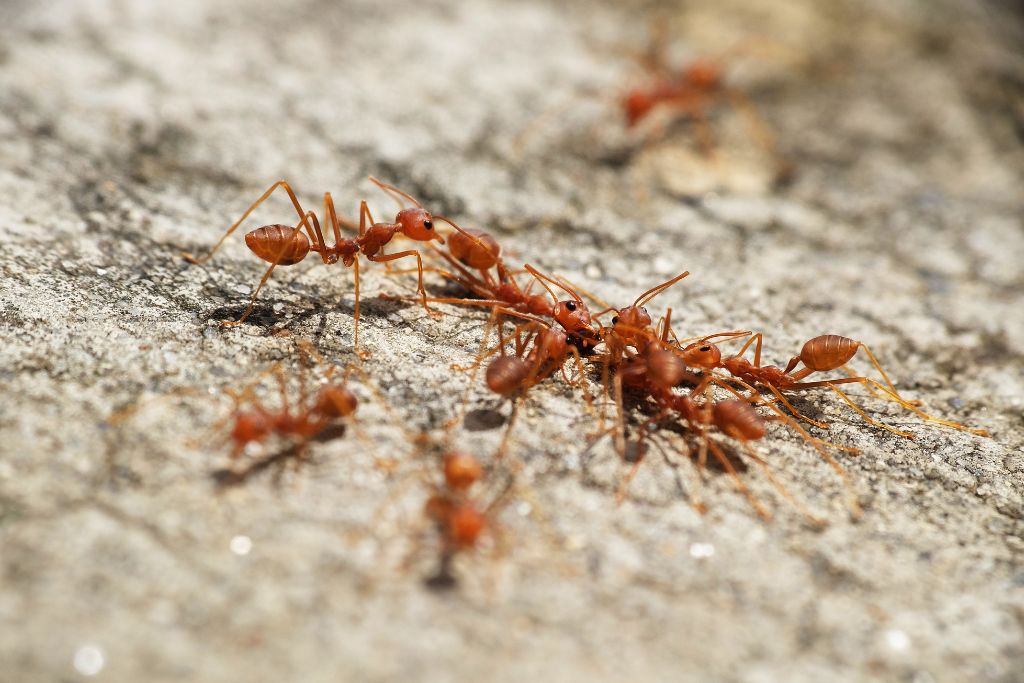
Conclusion
In conclusion, while sharks do inhabit the waters surrounding Jamaica, the chances of encountering one in Montego Bay are very low.
The species found in these waters, such as nurse sharks and reef sharks, are generally harmless and tend to avoid human interaction.
With proper precautions and by staying in designated swimming areas, visitors can enjoy the beautiful, clear waters of Montego Bay with peace of mind.
So, whether you’re snorkeling, swimming, or simply relaxing by the beach, there’s no need to worry about sharks.
